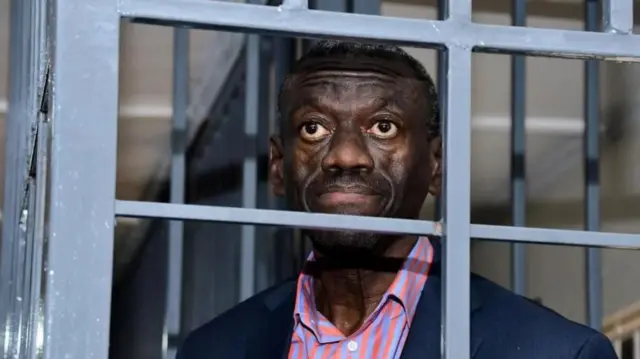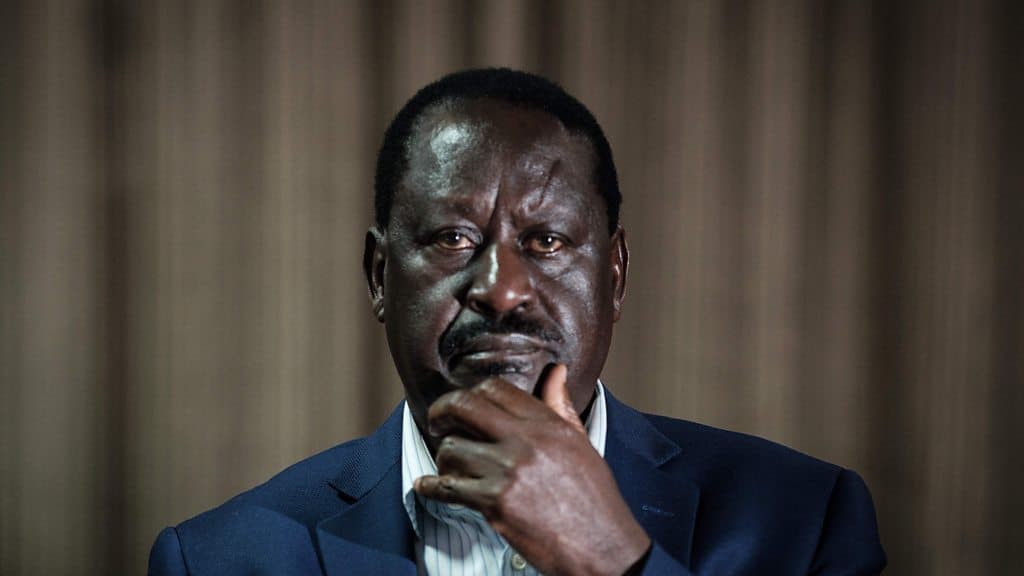Rich Content:
In recent years, the world has witnessed a profound transformation in the balance of power, with geopolitical shifts reshaping the global political landscape. The once-unquestioned dominance of the United States is increasingly challenged by emerging powers like China, while Europe grapples with internal divisions exacerbated by the rise of populism and the aftereffects of Brexit. At the same time, the rise of regional powers in Asia, Africa, and Latin America has complicated the traditional understanding of global diplomacy.
Changing Dynamics in U.S.-China Relations
The U.S. and China are now at the forefront of an intense geopolitical struggle that has far-reaching implications for global stability. The economic competition between the two superpowers has been fierce, particularly in areas like technology, trade, and military influence. As China expands its Belt and Road Initiative, securing strategic alliances across Asia, Africa, and Europe, the U.S. has countered with attempts to reaffirm its influence through military alliances like NATO and economic partnerships such as the Indo-Pacific Economic Framework.
This rivalry has extended beyond mere economic warfare. Recent developments, including territorial disputes in the South China Sea and the U.S.'s stance on Taiwan, have brought both nations closer to direct military conflict. The risk of this escalating into a more serious confrontation has led to urgent calls for renewed diplomacy, with both nations seeking to manage the tension while simultaneously competing for global dominance.
Europe at a Crossroads
In Europe, the consequences of Brexit continue to reverberate across the continent, threatening the unity of the European Union (EU). The UK’s departure has emboldened right-wing populist movements, which have gained momentum in countries like Italy, Hungary, and Poland. As a result, the EU has struggled to present a unified front on crucial issues like immigration, climate change, and defense.
Germany, traditionally the EU’s economic powerhouse, is now facing its own internal challenges following the resignation of Angela Merkel. Her successors must grapple with growing economic concerns, a volatile energy crisis, and the need to maintain cohesion within the EU while balancing relations with both the U.S. and China.
The Rise of Regional Powers
Simultaneously, nations like India, Brazil, and Turkey are increasingly asserting themselves as key players in regional and global politics. India's role in the Indo-Pacific region has grown exponentially, with the country positioning itself as a counterbalance to China's expanding influence. Meanwhile, Brazil's leadership under President Luiz Inácio Lula da Silva has rejuvenated its position as a leader in Latin America, focusing on environmental issues and trade reforms.
Turkey, under President Recep Tayyip Erdoğan, has adopted a more independent foreign policy, playing a pivotal role in conflicts in Syria and Libya while balancing its relations with both Russia and the West. This multi-aligned approach has allowed Turkey to assert itself as a significant regional power, though it faces its own economic struggles and internal divisions.
Global Institutions Struggling to Keep Up
Amidst these shifting dynamics, international organizations like the United Nations (UN), the World Trade Organization (WTO), and the World Health Organization (WHO) are struggling to adapt. The UN Security Council, dominated by post-World War II powers, no longer reflects the realities of a multipolar world. Calls for reform have been growing, particularly from countries in the Global South, which seek greater representation and influence.
The WTO faces its own crises, with rising protectionism and trade disputes undermining its ability to mediate global commerce. Meanwhile, the COVID-19 pandemic exposed the weaknesses in the WHO’s ability to coordinate an effective global health response, leading to calls for increased funding and stronger mechanisms to ensure international cooperation in future crises.
The Role of Technology and Cybersecurity
Another critical aspect of the evolving political landscape is the increasing importance of technology and cybersecurity in statecraft. Nations are increasingly using cyber tactics to influence elections, sabotage critical infrastructure, and conduct espionage. The rise of artificial intelligence (AI) and digital surveillance technologies has further complicated this space, with authoritarian regimes leveraging these tools to suppress dissent and control populations.
Western democracies, too, face the challenge of balancing the benefits of technological advancement with the risks of privacy violations and the growing influence of tech giants like Facebook, Google, and Amazon. Policymakers around the world are now grappling with how to regulate this evolving space without stifling innovation or compromising national security.
Conclusion: A New World Order?
As the world navigates these uncertain times, one question looms large: are we on the brink of a new world order? The answers are not yet clear, but what is certain is that the traditional power structures are eroding, and new ones are emerging. World leaders, diplomats, and policymakers must navigate a complex and evolving geopolitical landscape, one where old alliances may falter, and new partnerships may form.
In this environment, diplomacy will be more critical than ever. Whether through economic partnerships, military alliances, or strategic cooperation on global challenges like climate change and cybersecurity, the future of global politics will be shaped by those who can adapt to the new realities of power, influence, and leadership.







